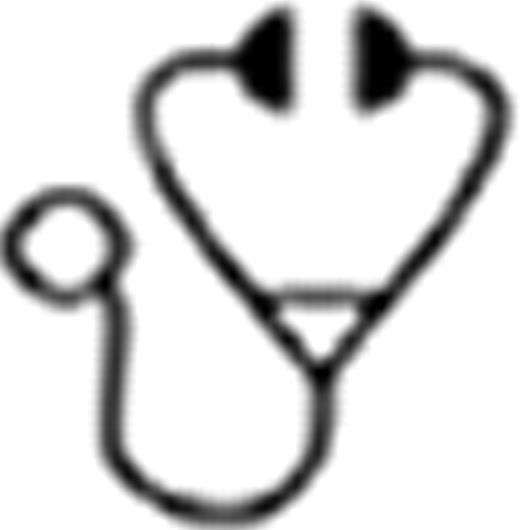Abstract
Abstract  2288
2288
The TEEN/TWEN study is an observational, prospective, case-controlled, multicenter study to evaluate long-term prophylaxis patients and to determine the consequences of switching from prophylaxis to on-demand treatment. Thirty-eight males, aged 14–29, with severe hemophilia A were enrolled and followed for 18 months. Group 1 (n=22) remained on prophylaxis, Group 2 (n=5) switched to on-demand treatment ≤12 months prior to entry, and Group 3 (n=11) switched to on demand ≥13 months prior to entry. The primary and main secondary efficacy criteria were presented at ISTH, 2011 in Kyoto, Japan, and showed clear benefits of continuing prophylaxis in decreased bleeding and improved quality of life. Here, we present the secondary and exploratory variables examined in the study, including the Gilbert score, target joints, Hemophilia Activities List (HAL), Godin Leisure Time, treatment satisfaction, and State Trait Anxiety Inventory (STAI).
Gilbert score changes were small, and limited to the ankles, knees, and elbows. Group 2 had the highest overall bleeding score. Of the exploratory variables, Group 3 usually had numerically worse values than the other groups. For the HAL, Group 2 had a higher increase overall than Group 1. The STAI showed an increase in trait anxiety for Groups 1 and 2 during the study, and increase in state anxiety for group 1 but a decrease for Group 2. No other distinguishing findings emerged.
Although the primary and main secondary efficacy variables showed clear benefits of continuing prophylaxis, the remaining secondary variables and the exploratory variables did not clearly distinguish between Groups 1 and 2, although most showed worse results for Group 3. For these variables the changes in Groups 1and 2 were usually small, occurred in a similar pattern in both groups, or showed inconsistent patterns. The changes in Group 3 suggest that quality of life decreases with length of time off prophylaxis. Small cell numbers, outliers, being in a clinical trial and questionnaire fatigue may be contributing factors.
Manco-Johnson:Octapharma AG: Consultancy; Bayer: Research Funding. Ewing:CSL Behring: Consultancy, Honoraria, Research Funding, Travel funds; Baxter: Consultancy, Honoraria, Research Funding, Travel funds; Bayer: Consultancy, Honoraria, Research Funding, Travel funds; Biogen Idec: Consultancy, Honoraria, Research Funding, Travel funds; Grifols: Consultancy, Honoraria, Research Funding, Travel funds; Inspiration: Consultancy, Honoraria, Research Funding, Travel funds; NovoNordisk: Consultancy, Honoraria, Research Funding, Travel funds; Octapharma: Consultancy, Honoraria, Research Funding, Travel funds; Pfizer: Consultancy, Honoraria, Research Funding, Travel funds; Talecris: Consultancy, Honoraria, Research Funding, Travel funds. Humphries:Bayer: Employment.
Author notes
Asterisk with author names denotes non-ASH members.

This icon denotes a clinically relevant abstract

This feature is available to Subscribers Only
Sign In or Create an Account Close Modal